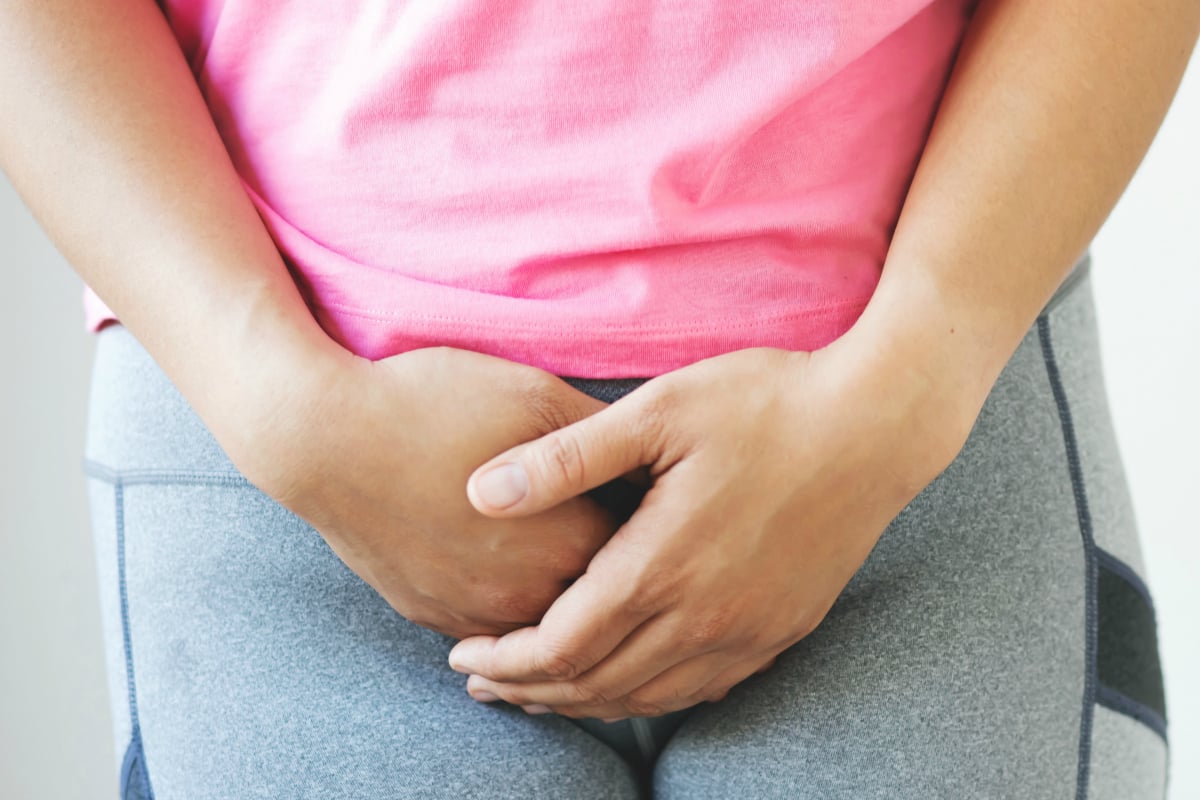

Half the population has one, but vaginas are still kind of a taboo topic, aren’t they? We'll wax lyrical about any other body part but when it comes to down there most of us will dodge, duck and weave out of the conversation.
Unless you're Gwyneth Paltrow, that is. The Hollywood superstar-turned-wellness guru not only preached about the controversial practise of vaginal steaming, she even released a candle that smelt like her nether regions when lit (hmmm?).
But here's the thing – those out-there routines are the ones that make headlines. There's a lot of vagina cleaning guidance out there but most of it is misinformed.
So, we thought we'd help break through the myths and offer up the facts on how exactly you should be cleaning your vagina.
Fact: It actually does a pretty good job all by itself.
For starters, there's actually no need to steam your bits. Not only does it sound seriously dangerous, but the vagina is – drum roll please – self-cleaning.
Yep, there's actually no real reason to clean inside there because discharge, which all women get to varying degrees, is essentially a clean-up, according to the Mayo Clinic.
Your vagina is dispelling a mix of fluid and cells and leaving you with a pristine space between your legs. Magic.
If the discharge is abnormal – which would be a change in scent or appearance along with itching or pain, then that might be worth talking to a doctor about.
How should I wash "down there"?
What you shouldn't ever really do is give your vagina a good 'ol wash with your standard soap or body washes. These aren’t tailored for use in intimate areas where the pH is at a different level to the rest of the body.
It's super important to keep your vagina's pH at an acidic level. That includes the external part of your genitals – your vulva – as well. Otherwise, it can deplete the levels of Lactobacillus, the good bacteria that contains essential probiotics for our vaginal microbiota, which is helpful for preventing infections like bacterial vaginosis and thrush. So, a simple warm water rinse is actually enough – no soap and definitely no scrubbing. Be gentle!


